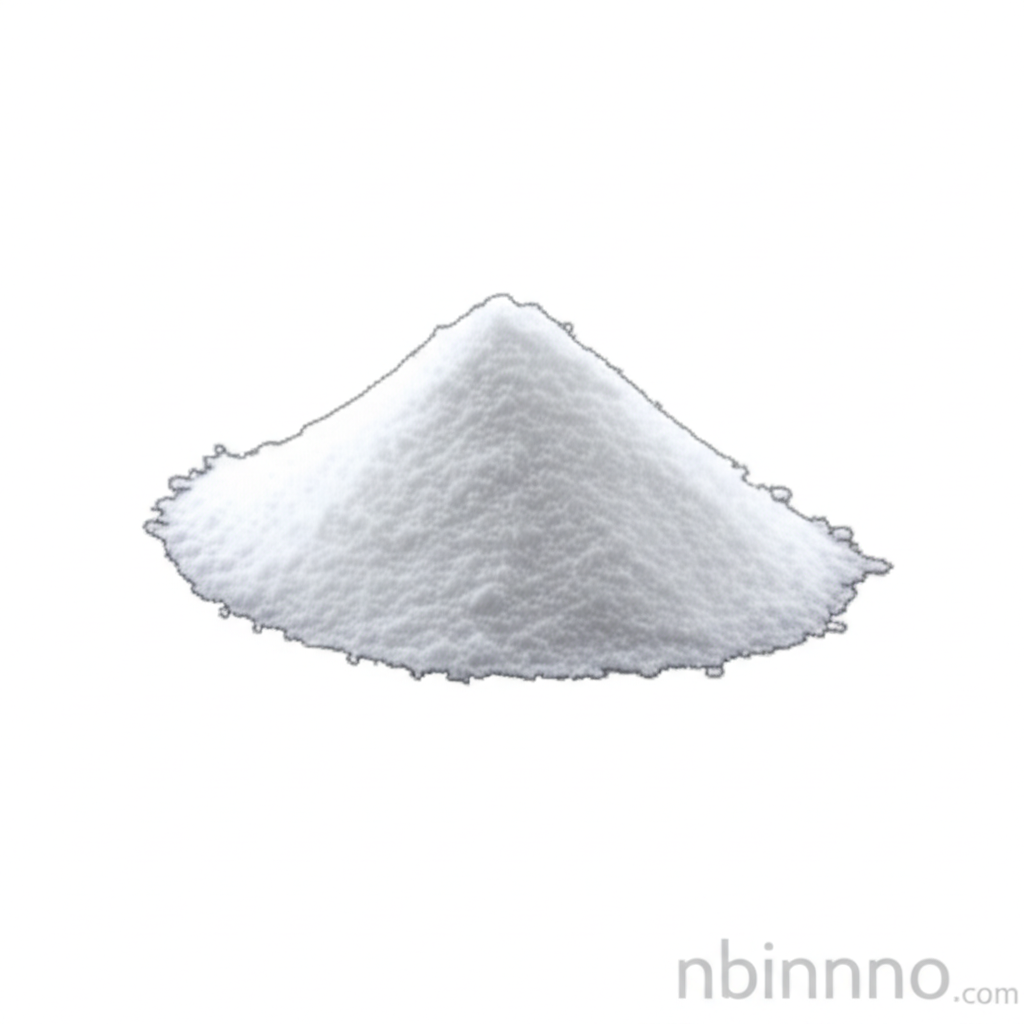Probenecid: A Comprehensive Guide to Its Uses, Mechanisms, and Patient Information
Discover the therapeutic benefits of Probenecid in managing gout and enhancing antibiotic effectiveness.
Get a Quote & SampleProduct Core Value

Probenecid
Probenecid is a vital medication designed to manage chronic gout and gouty arthritis by facilitating the body's removal of excess uric acid. Beyond its primary role in gout management, it serves to prolong the presence of certain antibiotics in the system, thereby boosting their therapeutic impact. Understanding what probenecid is used for is key to its effective application.
- Probenecid uses extend to ensuring sustained uric acid levels are lowered, thus preventing future gout attacks and improving joint health over time.
- How does probenecid work by actively promoting the excretion of uric acid through the kidneys, reducing its concentration in the blood and tissues.
- The effectiveness of probenecid for antibiotics lies in its ability to inhibit tubular secretion, allowing antibiotic therapies to remain active for longer durations.
- Adhering to correct probenecid dosage is crucial for efficacy and minimizing potential side effects, underscoring the importance of physician guidance.
Advantages Offered by Probenecid
Effective Uric Acid Reduction
Probenecid effectively removes excess uric acid from the body, a critical step in preventing and managing gout, as indicated by various probenecid uses documented in medical literature.
Enhanced Antibiotic Therapy
By increasing the systemic levels of certain antibiotics, probenecid contributes to more effective treatment of infections, showcasing its versatility beyond gout management.
Prevention of Gout Flares
Consistent use of probenecid helps to stabilize uric acid levels, significantly reducing the frequency and severity of painful gout attacks, a key benefit explored in probenecid and gout discussions.
Key Applications
Gout and Gouty Arthritis Treatment
Probenecid is a cornerstone in the management of chronic gout and gouty arthritis, directly addressing the underlying issue of elevated uric acid levels.
Augmentation of Antibiotic Efficacy
It is frequently prescribed alongside specific antibiotics to maintain higher concentrations of these drugs in the body, improving treatment outcomes for infections.
Prevention of Uric Acid Nephropathy
In certain conditions, it can help prevent the formation of uric acid stones in the kidneys by promoting their excretion, a critical aspect of its probenecid uses.
Research and Development
The compound is also of interest in pharmacological research for its unique mechanism of action and potential applications in drug delivery and metabolic studies.
